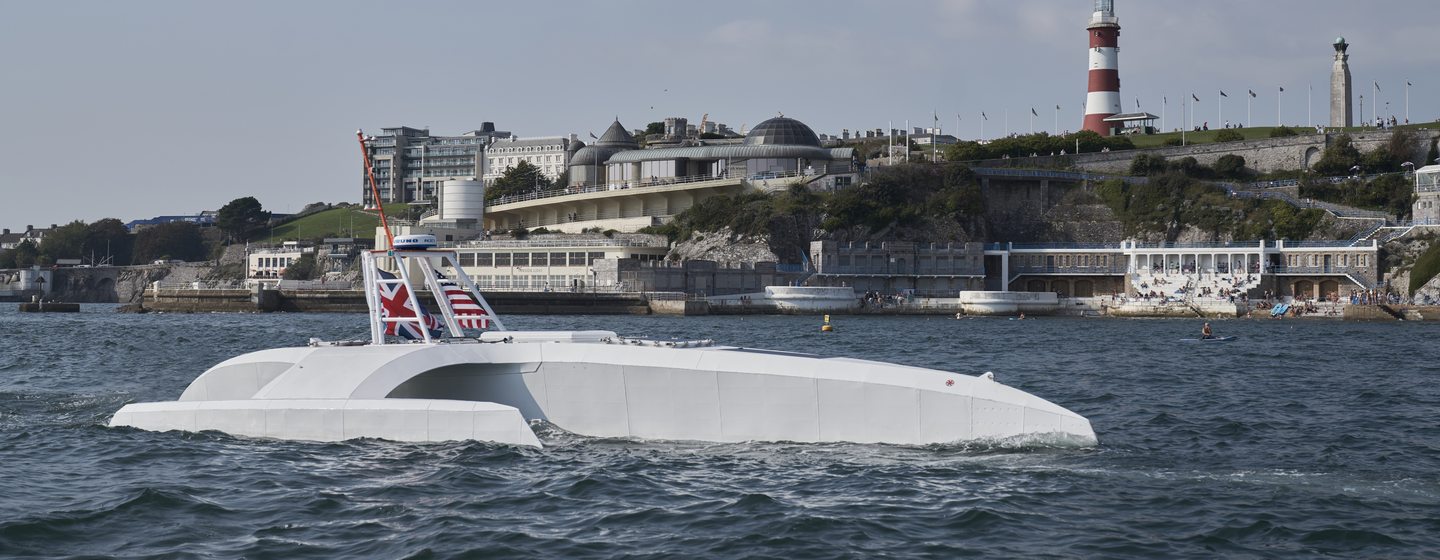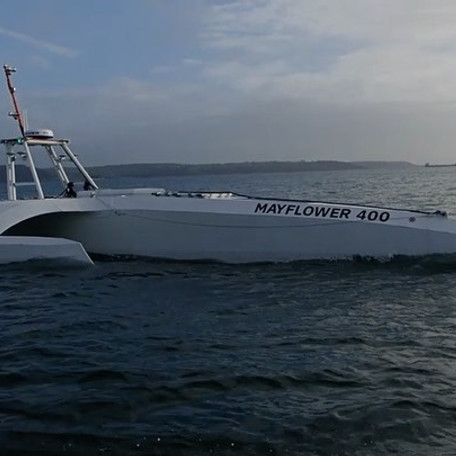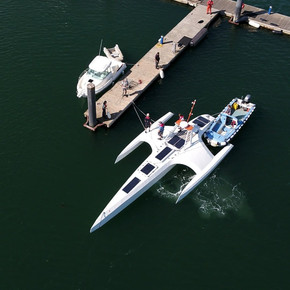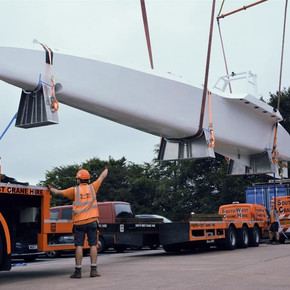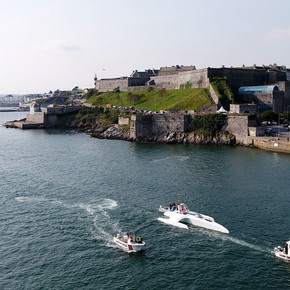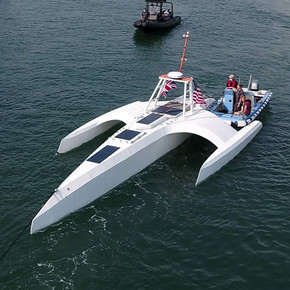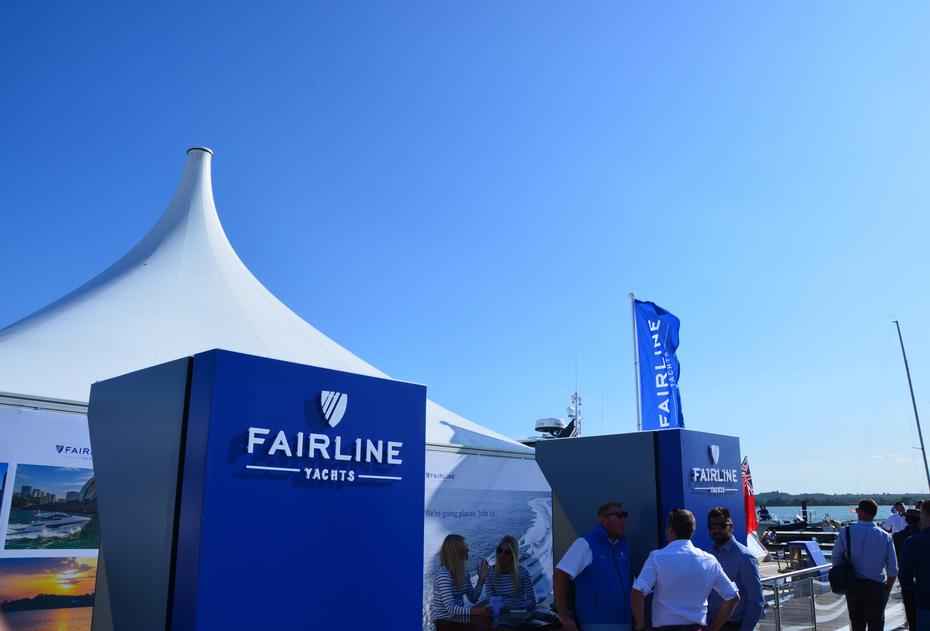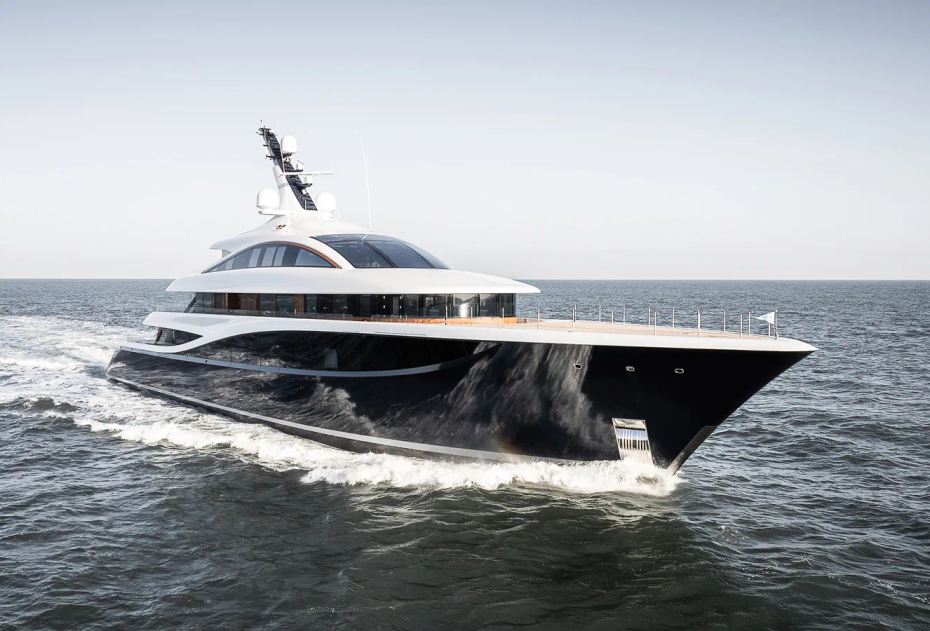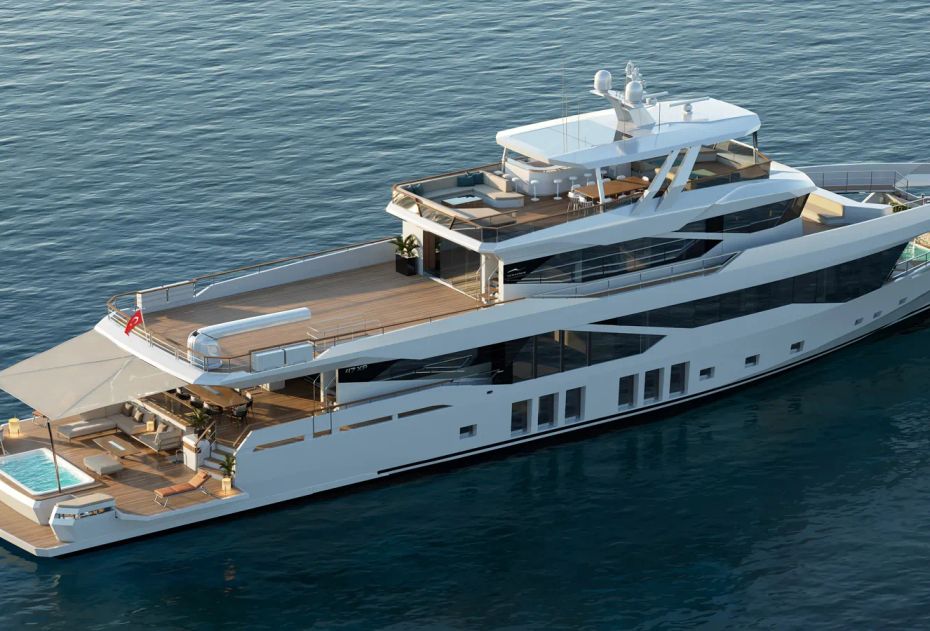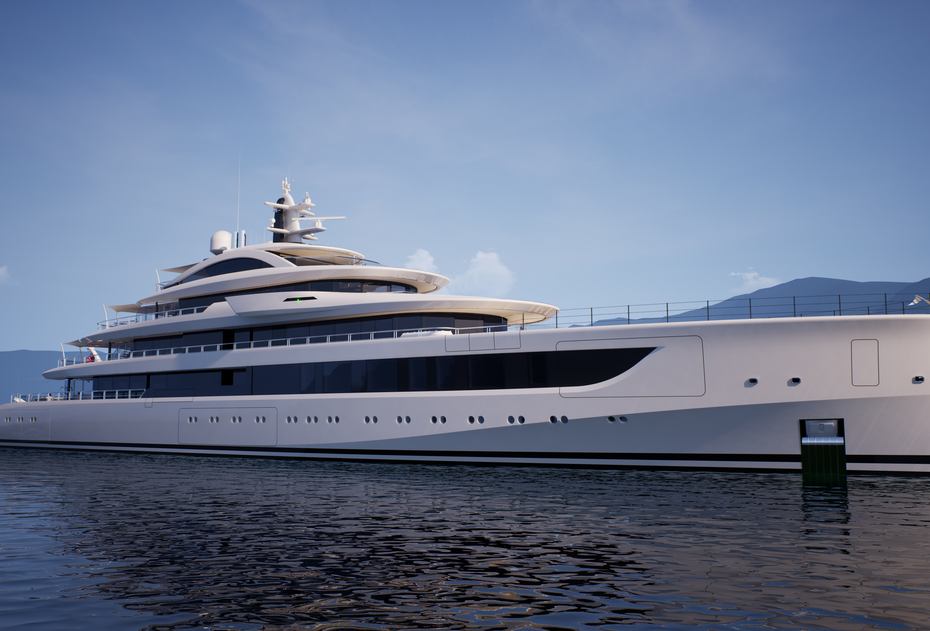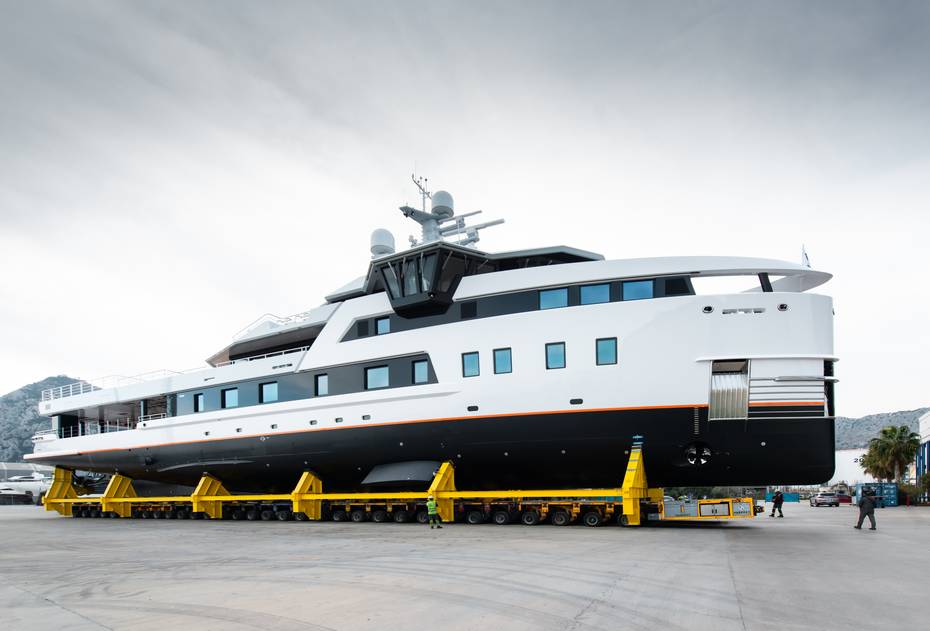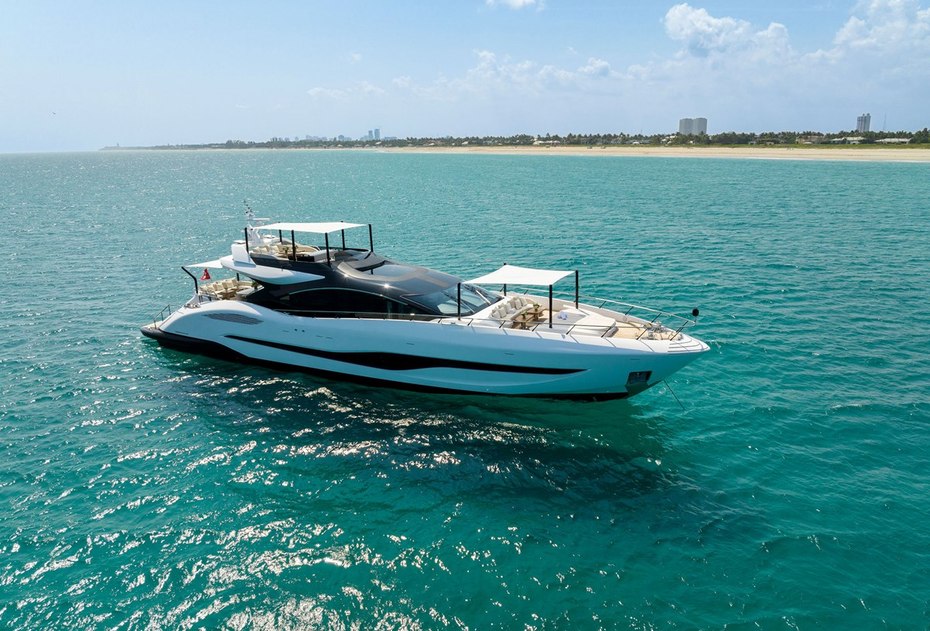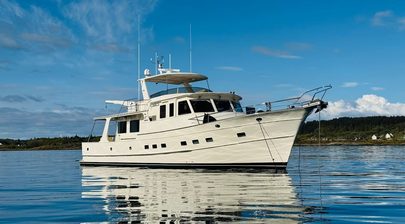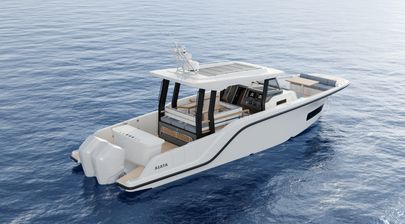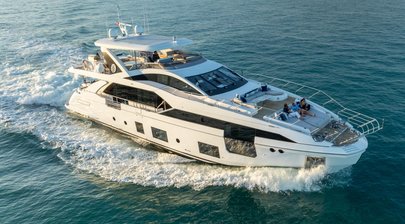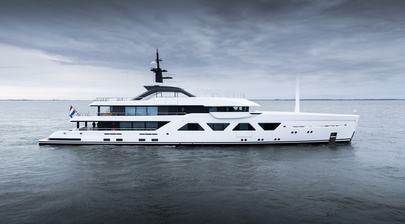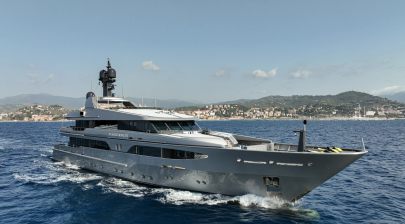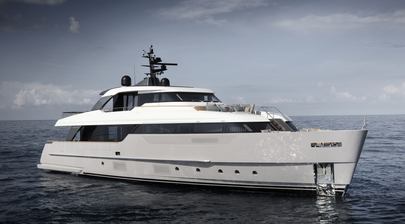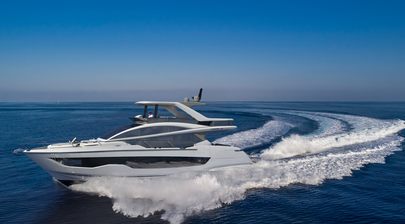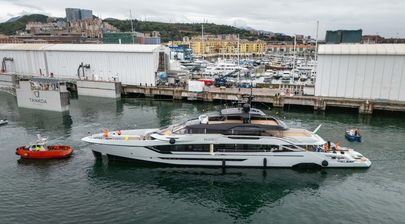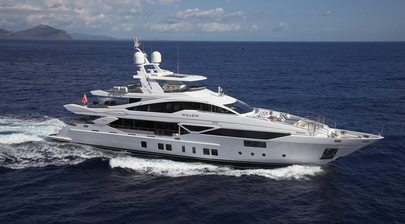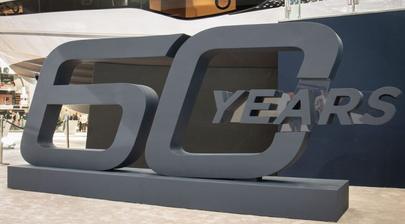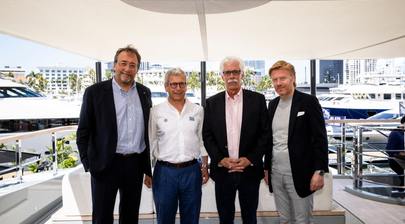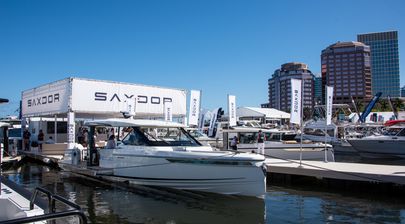The Mayflower Autonomous Ship (MAS) will mark the start of the United Nation’s Decade of Ocean Science for Sustainable Development with the crossing and will collect and analyze ocean data as it does so.
Completely unmanned, MAS is an initiative led by marine researchers ProMare with support from IBM and a global consortium of partners including engineers, oceanographers and computer scientists. It will carry scientific equipment and make its own decision about how to optimize its route and mission.
With 80% of the ocean unmapped and unexplored it is hoped MAS will help the scientific community develop a greater understanding of the seas as well as the impact of climate change and pollution on the ocean.
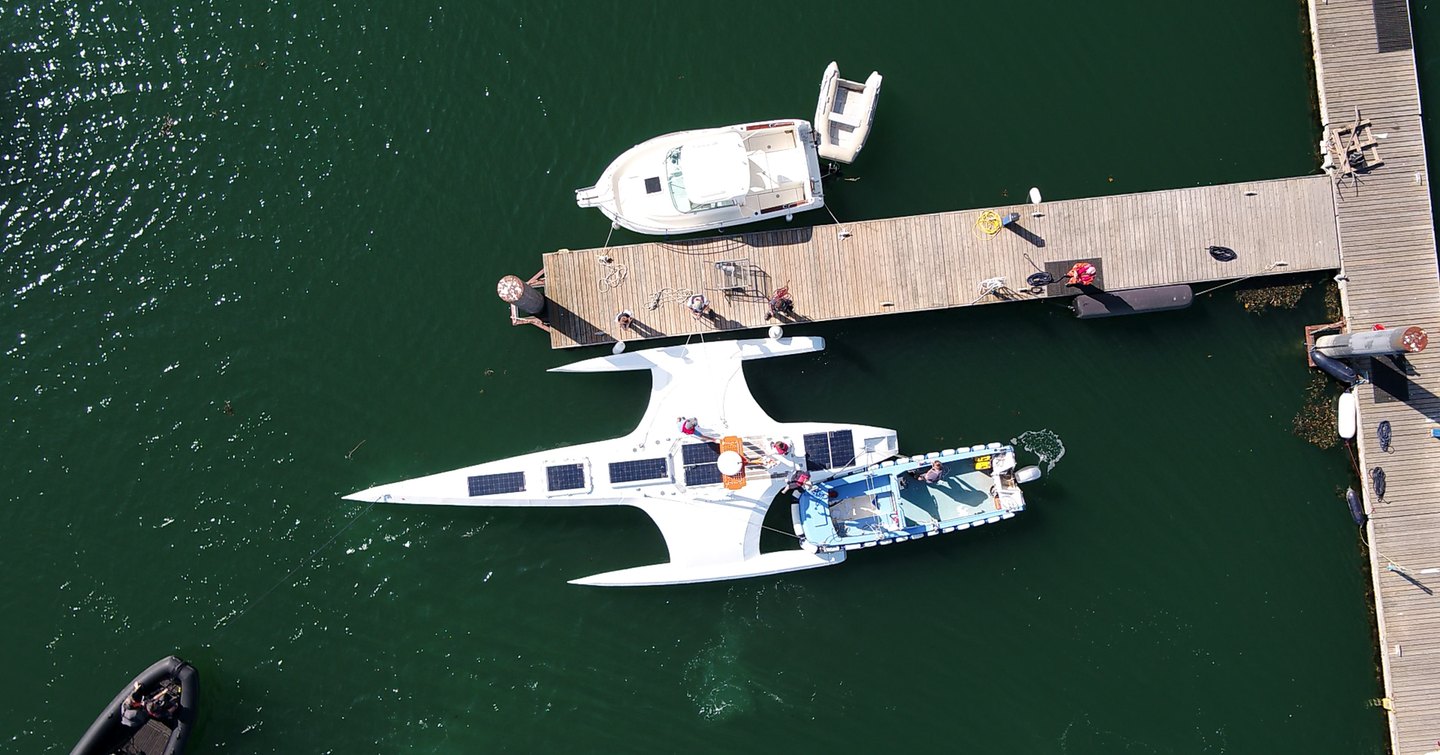
Not having people on board, forces us to completely rethink the data gathering process. MAS is really pushing the boundaries of ocean science.”
Head of Communications for MAS
IBM
“This is not a stunt or just for fun; there is a noble cause behind this,” explains Don Scott, Chief Technology Officer of the Mayflower Autonomous Ship. “The primary role of this vehicle is to act as an open platform for ocean science; to collect data in transit. It provides oceanographers with an opportunity to have an intelligent system of collecting data that they can command to perform various operations. It removes some of the drudgery and incredible cost of collecting data at sea. And provides them with the data they need to better understand this incredible resource we have – the ocean.”
Unmanned vessels aren’t new but they are usually radio controlled or programmed to travel set routes whereas the Mayflower will direct itself. Additionally every function traditionally done by humans will be performed by artificial intelligence, automation and edge computing. An AI Captain will identify and avoid hazards, obey regulations and ensure safety for itself and other vessels and data will be collected with no human hands, no test tubes and no nets.
IBM’s Head of Communications for MAS, Jonathan Batty explains how it is opening up new possibilities for the scientific community: “The Mayflower Autonomous Ship will use acoustic sensors and machine learning to monitor the seas for whales and dolphins to inform scientists’ understanding about the health of today’s marine mammal populations,” he says. “We are also exploring AI and sensor driven approaches for analyzing water in transit, rather than back in a lab. Not having people on board, forces us to completely rethink the data gathering process. MAS is really pushing the boundaries of ocean science.”
MAS is named after the famous Mayflower that transported a group of English families known as the Pilgrims to America. It will recreate the route the original boat took, launching from Plymouth in the UK in April 2021 and spend six months gathering data as it travels across the ocean before arriving in Plymouth, Massachusetts.
